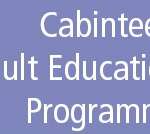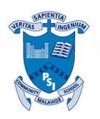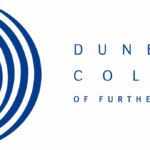This Friends of the Library at Trinity College Dublin invite you to a lecture on Brendan Behan with Des Geraghty (Trade Unionist, Politician & Author).
“A Human Behan: The life and times of Brendan Behan”.= takes place 16th October from 5 – 6PM.
Admission Free – All welcome
Enquiries to: [email protected]
Brendan Behan (1923–1964) was an Irish poet, playwright, and author, best known for his works that often explored Irish Republican themes and social issues. Born in Dublin, Ireland, Behan grew up in a Republican family with a strong involvement in the Irish independence movement. He joined the Irish Republican Army (IRA) at a young age and was arrested by the British authorities, leading to his imprisonment. While in prison, Behan developed his literary skills and wrote his first play, “The Quare Fellow,” which was produced in 1954 to critical acclaim. His most famous work, “Borstal Boy,” is a semi-autobiographical account of his time in prison. Behan’s writing is characterized by a unique blend of humor, wit, and political commentary. Despite his literary success, he struggled with alcoholism throughout his life, which eventually contributed to his early death at the age of 41. Brendan Behan is remembered as one of Ireland’s influential literary figures of the mid-20th century.
Trinity College Dublin offers an eclectic range of lifelong learning courses. Search Nightcourses.com to find adult education courses at TCD.
Trinity College Dublin, located in the heart of Dublin city, is steeped in scholarly and national history. Today it remains Ireland’s highest ranked university and within the world’s top one hundred. TCD provides an excellent variety of courses throughout areas in the Arts and Humanities, Business, Law, Engineering, Science and Health Sciences.
Lifelong learning is a continual process that anyone can avail of. It could be for personal interest or professional development. Trinity College Dublin, the University of Dublin, offers a wide range of evening and short courses in many different fields which result in the gaining of new ideas, new knowledge, and in some instances, new qualifications.
Today, the continuing nature of education is more important than ever. Old skills become obsolete, new skills come to be in high demand. The people who can
participate most effectively in our fast paced modern society are those who are most open to new ideas, most adaptable and willing to continually re-educate
themselves and broaden their perspectives.
In addition to degree and diploma courses, there is a wide range of short courses to choose from at Trinity, from history of art to social work, philosophy to psychology, Greek and Roman mythology and religion to physics and a wide variety of languages among others.



















